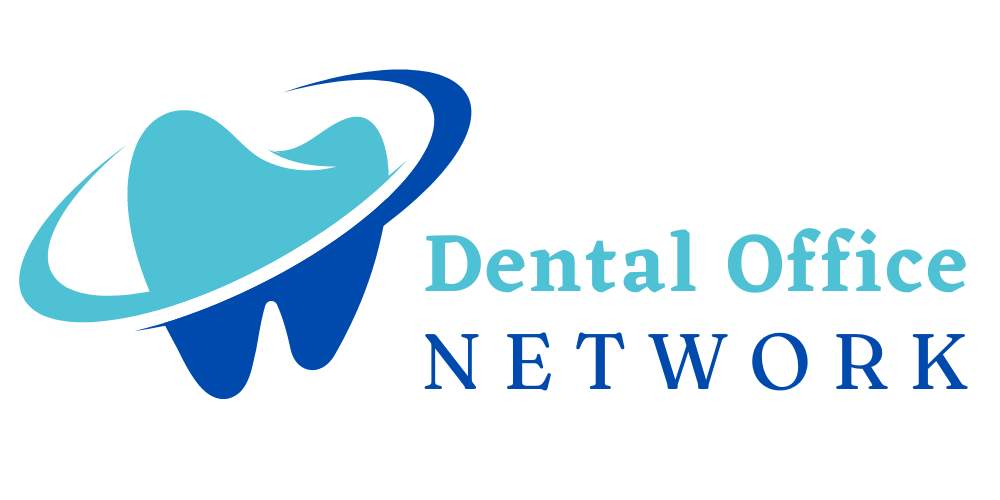As a dental office network professional, I understand the importance of having a skilled and experienced dental office manager. They play a critical role in ensuring the smooth operations of a dental practice, from managing staff and patient scheduling to overseeing financial and administrative tasks. One of the most important factors in hiring and retaining a talented dental office manager is salary. In this guide, we will explore dental office manager salary trends, factors that affect pay, and strategies for negotiating fair compensation.
The average dental office manager salary varies depending on several factors, including geographic location, years of experience, and the size of the dental practice. According to the Bureau of Labor Statistics, the median annual salary for medical and health services managers, which includes dental office managers, was $104,280 as of May 2020. However, salaries can range from $58,820 for the lowest 10 percent to over $195,630 for the highest 10 percent.
In addition to the national average, it’s important to consider regional differences in dental office manager salary. For example, according to salary data from Indeed, the average dental office manager salary in California is $75,475 per year, while in New York, it’s $70,479 per year. Factors such as the cost of living, demand for dental services, and competition for talent can all impact regional salary trends.
Several factors can affect dental office manager salary, including:
Years of Experience: Generally, the more experience a dental office manager has, the higher their salary will be. This is because experienced managers bring valuable skills and knowledge to the table, such as staff management, financial planning, and patient communication.
Education and Training: A degree in healthcare administration, business management, or a related field can also increase a dental office manager’s earning potential. Many dental practices prefer candidates with a bachelor’s or master’s degree, as it demonstrates a commitment to ongoing learning and professional development.
Geographic Location: As mentioned earlier, geographic location is a key factor in dental office manager salary. Practices in urban areas or regions with higher demand for dental services may offer higher salaries to attract and retain top talent.
Practice Size: The size of the dental practice can also impact dental office manager salary. Larger practices with more staff, patients, and revenue may offer higher salaries to managers who can effectively manage and grow the practice.
Performance and Results: Finally, a dental office manager’s salary can also be influenced by their performance and results. Managers who consistently meet or exceed practice goals, such as increasing revenue, improving patient satisfaction, and reducing expenses, may be eligible for bonuses or raises.
If you’re a dental office manager or a practice owner looking to hire a manager, negotiating salary can be a challenging but important process. Here are some strategies to help you navigate this process and ensure fair compensation:
Do Your Research: Before entering salary negotiations, it’s important to have a clear understanding of industry standards and regional trends. Use resources such as the Bureau of Labor Statistics, salary data from job boards, and conversations with industry peers to gather information on average salaries for dental office managers in your area.
Highlight Your Skills and Experience: As a dental office manager, it’s important to highlight your skills and experience during salary negotiations. Be prepared to provide examples of your achievements, such as improving patient satisfaction, increasing revenue, or reducing expenses.
Be Open to Negotiation: When negotiating salary, be open to discussion and compromise. Practice owners may have constraints on their budget or may be able to offer other benefits, such as flexible scheduling or professional development opportunities. Consider these factors when negotiating and be willing to adjust your salary expectations accordingly.
Consider Additional Benefits: In addition to salary, there may be other benefits or perks that can make a job offer more attractive. For example, dental practices may offer health insurance, retirement plans, paid time off, or continuing education opportunities. Consider these benefits as part of your overall compensation package when negotiating salary.
Get it in Writing: Once you’ve agreed upon a salary, be sure to get the details in writing. This should include the amount of the salary, any bonuses or incentives, and the terms of employment, such as benefits and vacation time. Having a clear, written agreement can help prevent misunderstandings and ensure that both parties are on the same page.
In conclusion, dental office manager salary varies depending on several factors, including geographic location, years of experience, education, practice size, and performance. As a dental office network professional, it’s important to understand these factors when hiring and retaining a talented dental office manager. By doing your research, highlighting your skills and experience, and being open to negotiation, you can ensure fair compensation and a successful career as a dental office manager.













